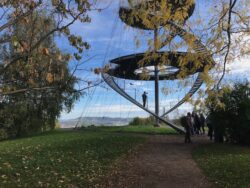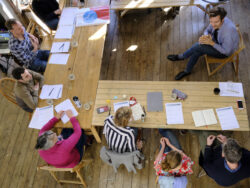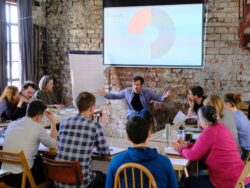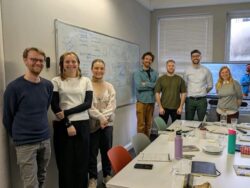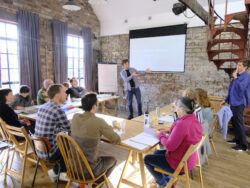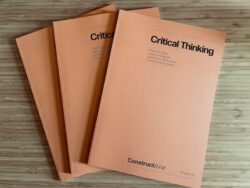Helping people think regeneratively, work creatively and make change happen—one project at a time.
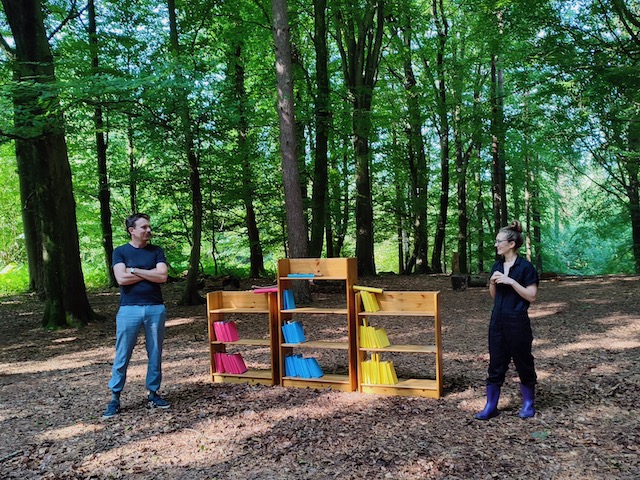
The Regenerative Design Lab
A six-month transformational programme for leaders and future leaders to develop and apply regenerative thinking
Applications for 2026 now open. Get your by 18th December for short-listing. (There’ll be another chance to apply in January too)
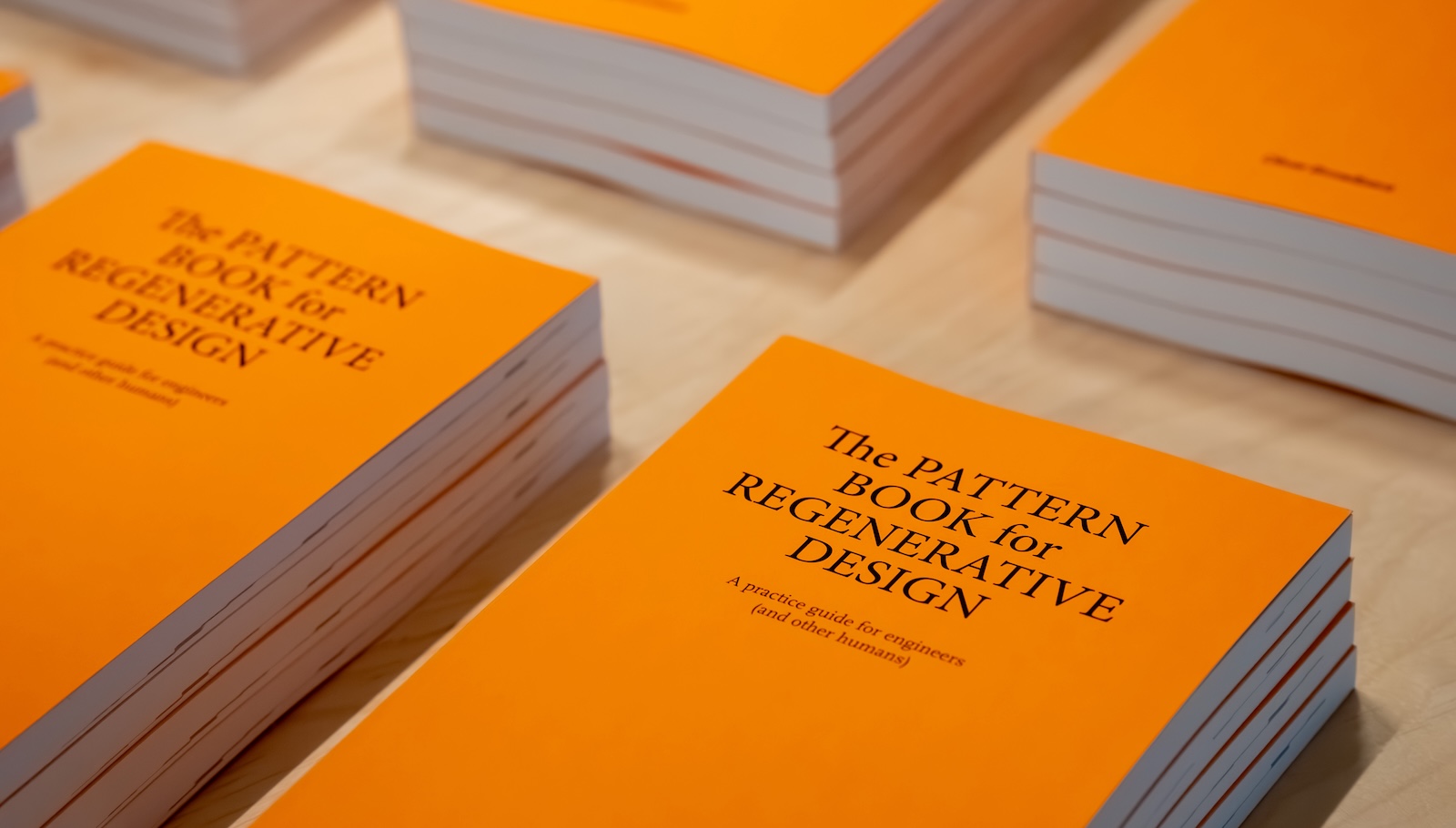
The Pattern Book for Regenerative Design
A practice guide for engineers (and other humans)
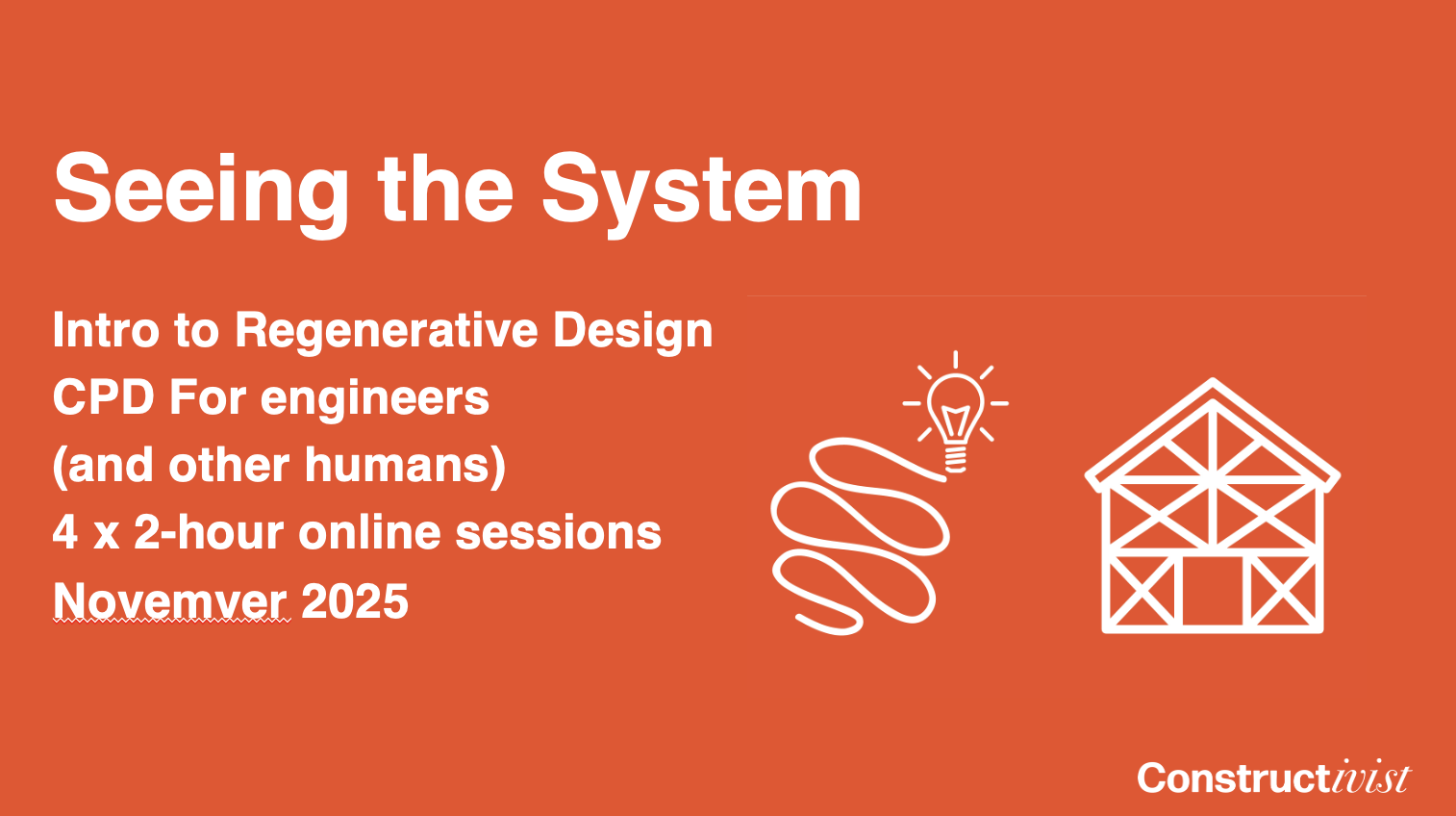
Seeing the System
Our online introduction to Regenerative Design – register by 31st October.
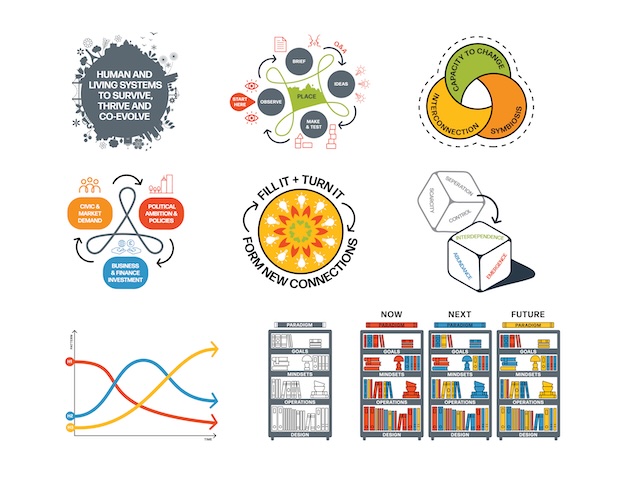
Tools for Regenerative Design
Our top tools for regenerative design, free to use and available for download.
Most popular open courses
Most popular in-house courses
The blog: For Engineers (and other humans)
Oliver’s daily(ish) blog on creativity, regenerative design and practical philosophy drawn from across my teaching, writing and collaborations. Sign up for Oliver’s weekly digest by clicking here and choosing the appropriate button.
Latest posts
- On pattern spottingPattern is a word I use a lot. Recently, a reader wrote to say how much they appreciated this use of pattern language in my writing. And that …
- Your processes versus entropyRegular readers of this blog will know all about the second law of thermodynamics, which states that the universe will tend toward disorder over time. Thus any organised …
- How do we know if we are moving forwards?Facilitation is an intense business. It requires you to read lots of social cues and to judge what’s the best next step. It’s not surprising therefore that when …
Continue reading “How do we know if we are moving forwards?”
- The hidden cost of a quick messageThe easiest thing to do on your design project is to send a quick message. The problem is, it’s also the easiest thing for everyone else to do. …
- Why everything falls apart — and what to do about itThe second law of thermodynamics says that the universe is heading towards disorder. Life is the daily channelling of the flow — temporarily creating new structures: life forms, …
Continue reading “Why everything falls apart — and what to do about it”
- Incline? Uncline? Recline?I caught myself wondering in a workshop this week, what is the opposite to decline? Incline? Uncline? Recline? A bit of context. I often look at places in …
- Easier to talk about what we don’t want than what we doThis riff is a partner to my one this week on humour and sarcasm. If you’ve read that one you’ll spot the connection. I’ve noticed recently that workshop …
Continue reading “Easier to talk about what we don’t want than what we do”
News and highlights
Field notes from our training courses and news about what we are up to at Constructivist.
Latest articles
- Big news — Cohort 6 Applications for the Regenerative Design Lab are now open
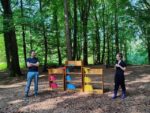 Our big news this week is that the application process is now open for Cohort 6 of the Regenerative Design …
Our big news this week is that the application process is now open for Cohort 6 of the Regenerative Design …Continue reading “Big news — Cohort 6 Applications for the Regenerative Design Lab are now open”
- Field notes: trying on the Systems Change Lab for size
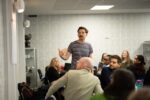 Last week I had the privilege of facilitating an afternoon session for the Engineers Without Borders UK Systems Change Lab …
Last week I had the privilege of facilitating an afternoon session for the Engineers Without Borders UK Systems Change Lab …Continue reading “Field notes: trying on the Systems Change Lab for size”
- Starting to see the systemYesterday we kicked off our new introduction to regenerative design, ‘Seeing the System’. The premise is simple: seeing more clearly …
- Pattern book field notes – action learning and continuous place-based design
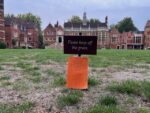 This week I took my copy of the Pattern Book to Cambridge. (Its second visit: in July I dropped it …
This week I took my copy of the Pattern Book to Cambridge. (Its second visit: in July I dropped it …Continue reading “Pattern book field notes – action learning and continuous place-based design”
- Emergent marketing – the RDL Cohorts for 2026I’ve noticed recently how often a controlling mindset can creep in when I think about how we spread the word …
Continue reading “Emergent marketing – the RDL Cohorts for 2026”
- Our new online intro to regenerative design launches in November
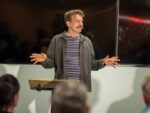 Here’s my pitch: Interested in regenerative design?Are you — or your colleagues — wondering how to introduce regenerative thinking on …
Here’s my pitch: Interested in regenerative design?Are you — or your colleagues — wondering how to introduce regenerative thinking on …Continue reading “Our new online intro to regenerative design launches in November”

